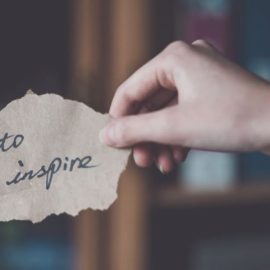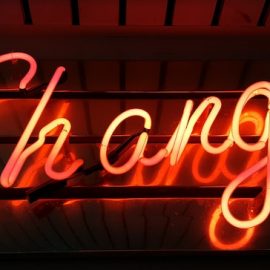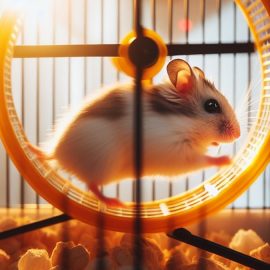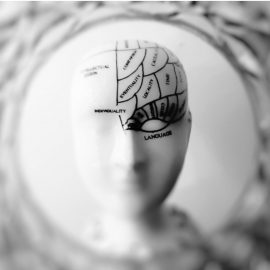
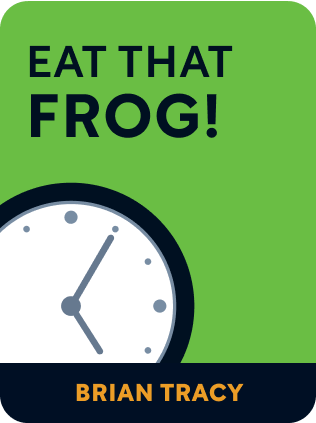
This article is an excerpt from the Shortform book guide to "Eat That Frog!" by Brian Tracy. Shortform has the world's best summaries and analyses of books you should be reading.
Like this article? Sign up for a free trial here .
How can focusing on long-term goals rather than short-term gratification make you more successful? Is it true that working under pressure produces the best results?
People who are future-oriented make better decisions than those who give the future little thought and focus on short-term gratification. Time passes regardless of what you do with it—but how you use it determines where you end up down the road.
Keep reading to learn how focusing on short-term gratification may prevent you from becoming successful.
Short-Term Gratification vs Long-Term Success
According to Brian Tracy in Eat That Frog, you can determine how important a task is by considering the consequences of doing or not doing it. This can help you determine what frog to eat, or what to do next.
According to a Harvard researcher, taking a long-term view rather than focusing on short-term gratification is the biggest predictor of success. It’s more important than family, connections, or education.
How far ahead you think affects your decisions and actions. People who take a short-term view opt for short-term gratification; they tend to focus on relieving present tension and drudgery this way. Successful people delay short-term gratification, and focus on achieving longer-term goals for their career and life. Because they’re future-oriented, they consider how their current options will contribute to the future they desire. As a result, they make better decisions—use their time better—than those who give the future little thought.
Thinking About the Long-Term Impact at Work
At work, knowing what’s important to you in the long term helps you make better decisions about your priorities in the present. The important things have a significant long-term impact; the unimportant things have few long-term impacts but may cause short-term gratification. Activities with significant long-term impact might include taking courses to improve skills, reading about your field, and focusing on high-value tasks that will help you accomplish more and get ahead.
If a task has significant positive consequences or impact, make it a priority and start on it immediately. The greater the potential positive impact of a task, the more motivated you’ll be to stop procrastinating and get it done. Keep focused and build momentum by starting and completing consequential tasks one by one.
If there are likely to be significant negative consequences if you don’t do a particular task quickly, make that task a priority as well, so it doesn’t derail your goals.
Time passes regardless of what you do with it—but how you use it, or what you do in the short term, determines where you end up down the road. Thinking about future consequences helps you determine your priorities.
Deadlines and the Law of Forced Efficiency
The “Law of Forced Efficiency” states that while there isn’t time to do everything, there’s sufficient time to do the most important thing.
You experience this when you have an imminent deadline on an important project. When you know the consequences of missing a deadline on a key task and time is running out, you find a way to get the task done, often at the last minute. You do whatever it takes in order to avoid the consequences of missing the deadline. You’re forced—or force yourself—to be efficient, hence why it’s called the “Law of Forced Efficiency”.
Sometimes, deadline pressure is the result of having multiple important things to do—many managers under this kind of pressure are working at 110% of capacity. The only recourse is to focus on each top thing in turn. But deadline pressure also can be self-imposed—a result of procrastination. This kind of deadline pressure works against you.
Many people say they work better under deadline pressure, but research indicates the opposite.
Under deadline pressure from procrastinating, people feel stressed, make mistakes, and have to redo work, which ends up taking more time. Often the mistakes—such as product flaws and cost overruns—have long-term financial consequences.
It’s better to plan your time, and create “wiggle room” for unforeseen issues; add 20% to the estimated time a project will take. When you’re in control of your most important tasks, you’ll be calmer, more confident, and do a better job.
Short-Term Gratification and Long-Term Impact: Three Productivity Questions
Three questions can help you maximize your productivity:
1) What are your most impactful activities? Which ones will make the biggest contribution to your organization or your life? Besides answering this question yourself, ask your boss, coworkers, and others what they think the highest-value things are for you to do. Have a definite answer before you start anything.
2) What can you alone do that will have a significant impact? This is something only you can do—if you don’t do it, no one will. Doing it will make a big difference in your work or life.
3) What’s the best use of your time at the moment? This is the key to effective time management; answering it enables you to overcome procrastination and be productive. At any given moment, one task will be the best use of your time and is the one you should be working on.

———End of Preview———
Like what you just read? Read the rest of the world's best book summary and analysis of Brian Tracy's "Eat That Frog!" at Shortform .
Here's what you'll find in our full Eat That Frog! summary :
- What it means to eat a frog
- How your daily distractions get in the way of doing important work first
- How to make a habit of doing the most important thing first, every day


